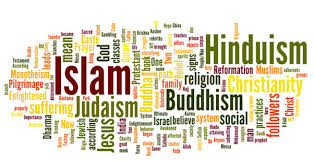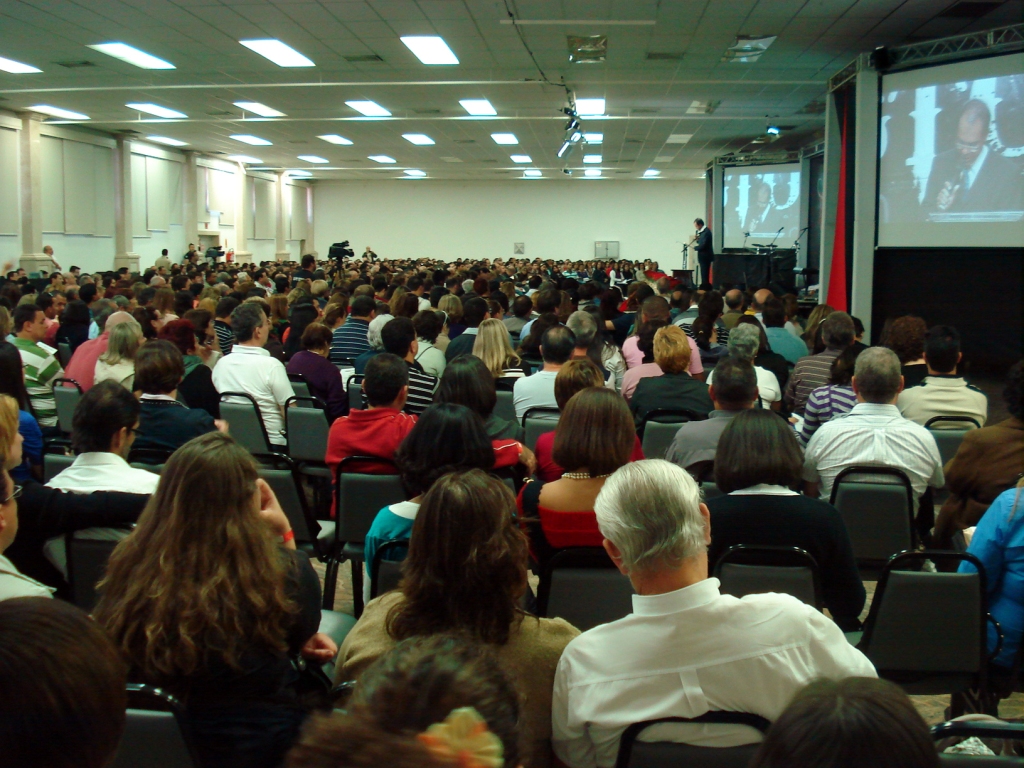
The study of philosophy and Religion is crucial to understanding every part of life: politics, economics, the arts, law, medicine, technology, the environment, cultures past and present and around the globe. We bring ethical analysis, the study of religion, and philosophical methods to bear on complex social, political and environmental issues to improve understanding and contribute to solutions.
DEPARTMENT OF THEOLOGY
East Asian Religions –Primarily concerned with Taoist canonical literature; the construction of Shinto; Chinese science, alchemy and medicine; the New Religions of Japan; the relationship of Buddhism with indigenous East Asian traditions (Confucianism, Taoism, Shinto
Early Christianity– Primarily concerned with the writings included in the New Testament, particularly the gospels, Pauline literature, Hebrews, and in the early Greek Church Fathers
Western Religious Thought – Primarily concerned with the philosophy of religion, theology, and ethics (Islamic, Jewish, Christian, secular) in the classical and modern periods. Areas of specialization include patristic thought, the interrelations between philosophy and religion

